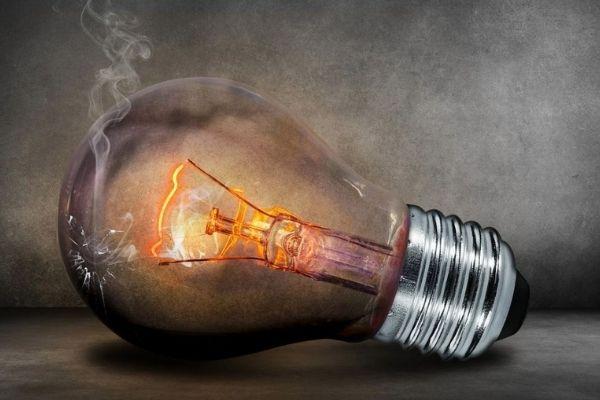Economists have pointed out time and again that the ANC government has, since 1994, brought about the most extensive privatisation of state functions in the country’s history.
Although the party’s policy is quite the opposite, cadre deployment has resulted in dysfunctional public enterprises that have lost market share to the private sector. The only way to save the economy is to significantly speed up this same process in the energy sector in 2023.
Eskom is the backbone of power supply in South Africa – even during this time of load shedding and generation units failing. So, for households and businesses to “get rid of” Eskom is much easier said than done.
Back-up power supply and renewable sources for the sake of savings is one thing, but to achieve power independence is quite another. The only real solution is the opposite of what the ANC announced with its recent Conference.
One of the party’s decisions was that public enterprises must be moved from the Department of Public Enterprises to the relevant government department.
That means Eskom will be transferred to the Department of Mineral Resources and Energy, headed by Minister Gwede Mantashe. The reasoning behind this move is that the Department will supposedly be able to exert more control over the enterprise. There is, however, no evidence to support this view.
On the contrary, the fact that the outgoing chief executive officer (CEO), Mr André de Ruyter, did not have the political support he needed to eradicate corruption raises the question of what possible advantage could greater state control have?
While it is obvious that Eskom must be privatised, one can count on it that it will not happen as long as the ANC is in power.
Meanwhile, the economic model of countrywide power suppliers with a small fleet of enormous power stations is making way for decentralised power generation. Enormous coal and nuclear power stations are, thus, not replaced by equally large wind or solar farms.
Instead, smaller generation units closer to the consumer – irrespective of whether the source is still fossil fuels, nuclear power or renewable sources – are becoming the norm. It may also alleviate the pressure on the national grid, which is currently designed to distribute large quantities of power from Mpumalanga to the rest of the country.
Smaller modular nuclear units, in combination with solar and wind power, situated close to the location of consumption could create semi-closed mini-networks, which will render centres independent or, at the very least, less dependent on Eskom.
In contrast to 1923, when Eskom was founded, the state is no longer the only institution with the capacity and will to finance enterprises of this nature.
While Eskom is milked dry by corrupt elements and the life of the one who dares to oppose it is not safe, businesses, households and even communities must start considering the options that will best suit their specific circumstances.
Naturally, it will not mean suddenly switching off Eskom’s power supply, but rather gradually replacing it with alternatives. While Eskom is apparently caught in a downward spiral, there is still enough time to develop alternatives.
Regardless of Eskom’s performance, one can expect emerging technology to facilitate the decentralisation of power supply. Ideally, the ANC must be voted out of power in 2024 so that Eskom can be part of this process. Then the transition can be more gradual and less disruptive.
Read the original article in Afrikaans by Dr. Wynand Boshoff on FF Plus












